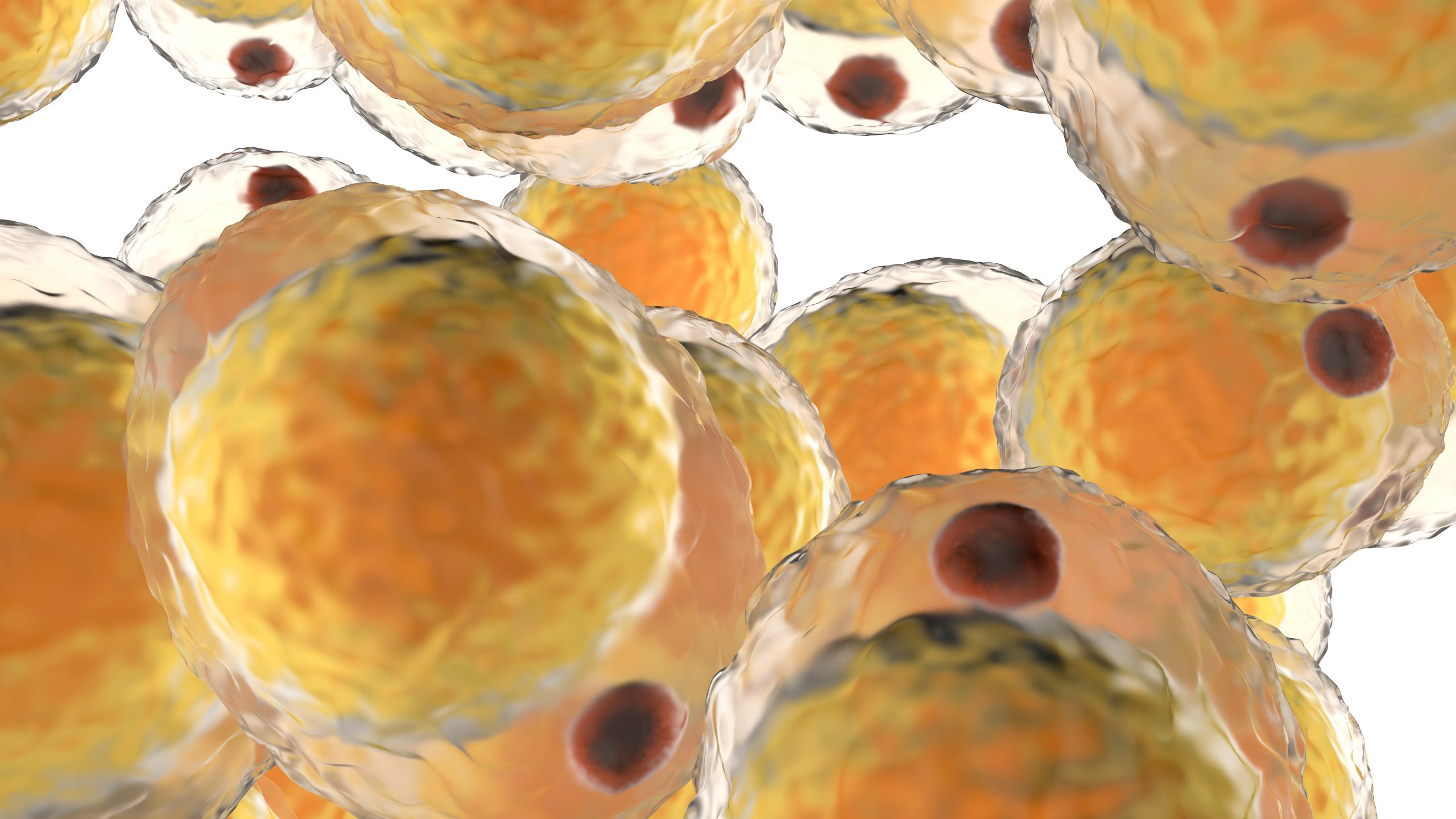Engaging in alcohol abuse can slow down and affect a person’s fat metabolism. The body considers alcohol a toxin/waste, therefore when someone drinks, it metabolizes it, and other nutrients such as fat will be pushed aside. Once the fat is stored up in the liver, it can lead to liver disease. As time goes on, it can lead to weight gain. When an individual is drinking a large amount of alcohol, engaging in healthy activities such as exercise will feel like a task, rather than a privilege.
When individuals drink, it’s common to eat less healthy foods. Since alcohol is empty of calories, individuals commonly eat more while drinking. Heavy drinkers have been known to skip meals and drink only, therefore losing weight instead of gaining it.
At Granite Mountain Behavioral Health in Arizona, we assist those struggling with alcohol use disorder by providing access to comprehensive treatment.
How Does Drinking Alcohol Affect Your Body?
Alcohol affects an individual’s body in a variety of ways. When a person drinks a large amount of alcohol over time or on a single occasion, it can take a serious toll on the person’s health. For starters, alcohol can interfere with an individual’s brain.
It affects the brain’s communication pathways, and the way the brain looks and works. The disruptions can change behavior and mood, making it harder to move with coordination and think clearly. Another important organ alcohol affects is the heart.
When a person drinks a great deal of alcohol over time, or on a single occasion, the heart can be damaged. Another essential organ alcohol affects is the liver. It doesn’t stop there, alcohol can also affect a person’s pancreas, which supports healthy digestion.
How Does Drinking Make You Gain Weight?
Drinking can make a person gain weight in numerous ways. There is a fundamental interaction that occurs between body weight and alcohol. Another question that goes hand and hand is, “How long does alcohol stop fat burning?”
Alcohol can stop a person’s body from burning fat because it’s high in kilojoules. Drinking alcohol can make a person also feel hungry. Therefore leads to poor food choices.
If you’re curious, “How long does alcohol stop fat burning?” A person’s body treats alcohol like a prison. It can shut down all of the other metabolic pathways to focus more on metabolizing the alcohol instead. Alcohol can shut down fat burning for up to 12 to 36 hours depending on the individual and the dose.

Does Alcohol Slow Metabolism?
The word metabolism means the total of all chemical reactions that occur in living organisms, including the transportation of substances into and between different cells. The three main purposes of metabolism are:
- The digestion of food converted into energy
- The conversion of food to building blocks (proteins, lipids, nucleic acids, and some carbohydrates) to run cellular processes
- The elimination of waste
Drinking alcohol can slow down a person’s metabolism. Alcohol can affect the organs in several ways. For instance, the main role of an individual’s liver is to act as the “filter” when foreign substances enter the body, such as alcohol or drugs.
Alcohol and fat metabolism has a connection because the liver plays a huge role in a person’s metabolic processes. When there is an excess amount of consuming alcohol, it can lead to alcoholic fatty liver. This condition can damage a person’s liver, affecting the way the body metabolizes and stores fats and carbohydrates.
Metabolism and Alcohol Tolerance
When tolerance results from a more swift elimination of alcohol from the body, it is called metabolic tolerance. This is associated with a particular group of liver enzymes that are activated after chronic drinking and can metabolize alcohol. That is the relationship between metabolism and alcohol tolerance.
Does Alcohol Affect Fat Metabolism?
Alcohol doesn’t just stop the fat metabolism in a person’s liver, it can cause a person’s liver to create more cholesterol and fat. The relationship between alcohol and fat metabolism is alcohol metabolites make it more difficult for a person’s body to access the stored fat for energy. Therefore when it comes to body weight and alcohol, it’s important to understand how alcohol affects fat metabolism.
The body weight determines the amount of space through which the alcohol diffuses in an individual’s body. For example, a person who weighs 180 lbs will have a lower blood alcohol concentration than a person who weighs 140 lbs. Therefore, alcohol will affect both differently.
Does Alcohol Cause Belly Fat?
Alcohol does cause belly fat. If you’re wondering, “Does liquor make you gain weight alcohol belly fat?” The answer is yes. Any type of calories, whether it’s from sugary foods or beverages, oversized portions of food, or alcohol can increase belly fat and skin issues, such as acne. However, alcohol does seem to specifically have an association with fat in a person’s midsection.
Can You Drink Alcohol and Still Lose Weight?
Yes, you can drink alcohol and still lose weight. However, moderation is key, and becoming knowledgeable about the contents alcohol contains is important. Some individuals can drink alcohol moderately, and others can’t, which is a reason why dependency and addiction develop.
Alcohol use disorder (AUD) seems to run in families often and there has been discussion on scientific studies of an “alcoholic gene.” Certainly, genetics influence the likelihood of developing an alcohol use disorder. Genes are responsible for about half of a person being at risk for an AUD.

Treatment for Alcohol Addiction
Our treatment center offers alcohol addiction for an individual struggling with an alcohol use disorder. Even though having a couple of drinks might be legal, it can result in serious injury or death. Whether it results in respiratory failure from alcohol poisoning or an unintentional car accident.
Our alcohol treatment programs are the best option for entering the road to recovery and sobriety. We offer a variety of services, ranging from medical detox to outpatient rehab, and addiction therapy. There are several risks to engaging in heavy alcohol consumption and the withdrawal is brutal. Our programs offered are centered around:
- Coping mechanisms development/life skills
- Transitional living, intensive outpatient
- Structured sober living
- Dual diagnosis
- Stabilization
At Granite Mountain, our resources and tools assist individuals to quit drinking, but also how develop coping skills to overcome the strong urge to use again. Healthier relationships are on the way. You don’t have to live with shame and guilt anymore, because you’re not alone.
How Granite Mountain Can Help Break the Cycle of Addiction
If you or someone you know is struggling with alcohol use, don’t hesitate to call. There are connections between metabolism and alcohol tolerance, body weight, and alcohol and fat metabolism. We can assist you on your journey to recovery. Let’s get started. Contact us.



